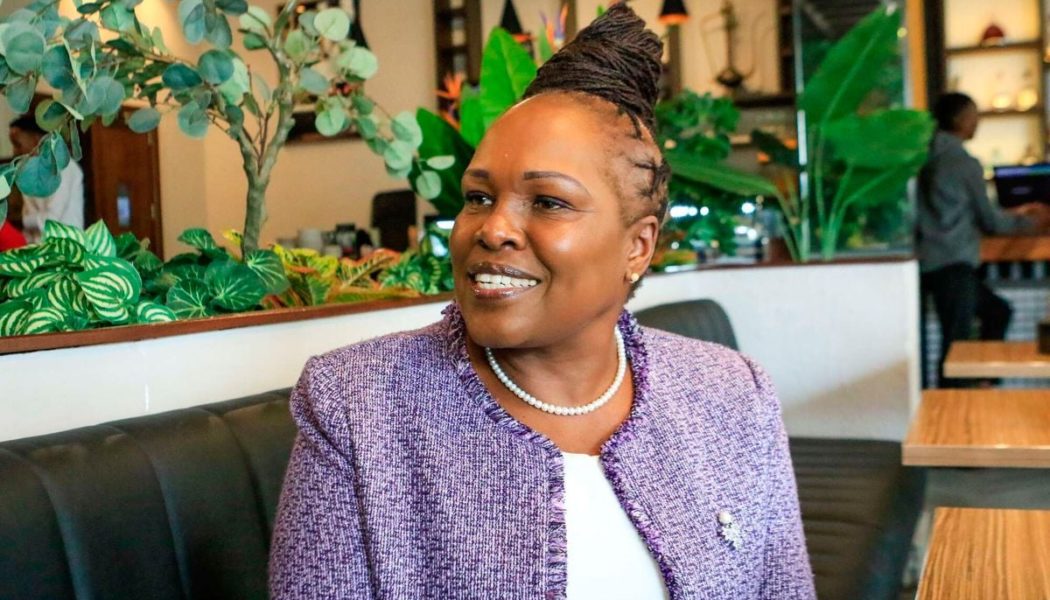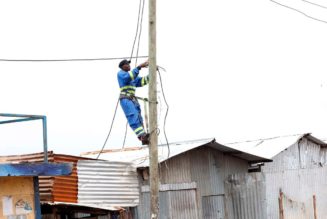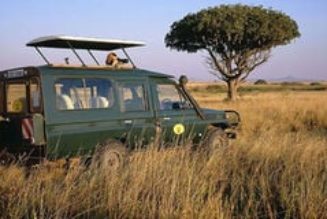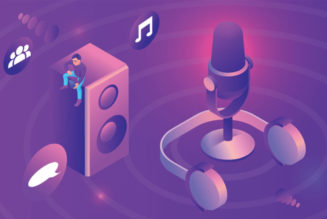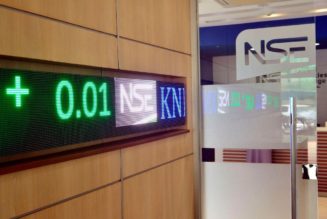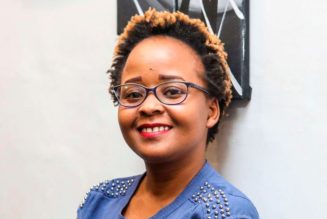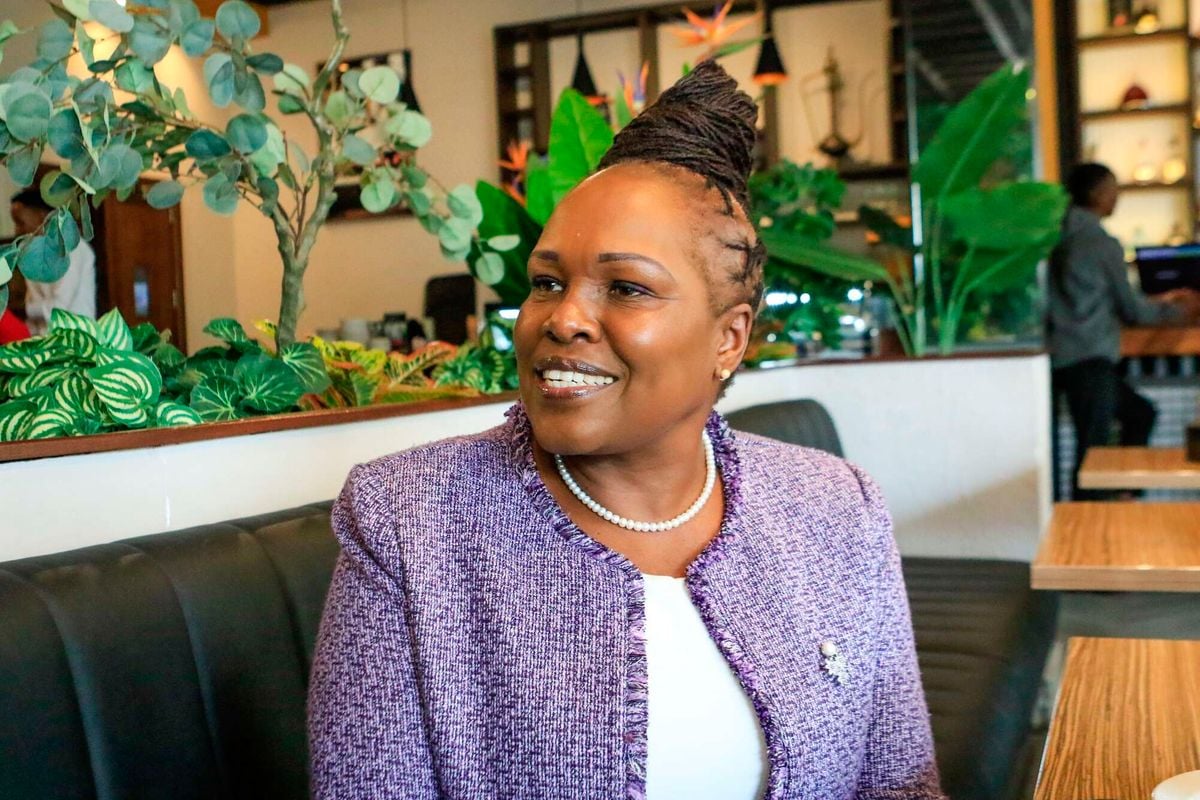
Ann Njogu shows up with a massive diary of sorts. This thick tome that can sink a ship. It has all the “secrets” of the universe, her codes of living, and life.
Her thoughts are scribbled in there, things to achieve, lists and numbers, figures and quotes, appointments. A weighty document, in all manner of senses.
And when she speaks, she speaks in big sandwiches; thoughts on thoughts, thoughts wedged into other thoughts, big meanings that find different meanings.
These are some of the things she says: “I would like to die empty.” “Children choose us, we don’t choose them.” “The thing you are looking for is also looking for you.”
She is a trained lawyer, a gender rights activist, and the former director and founder of the Centre for Rights Education and Awareness, which documented sexual and gender violence during the 2007 post-election. She was a drafter of and lobbyist for the Sexual Offences Act, which became law in 2006.
In 2010, the United States Department of State awarded her the International Woman of Courage award.
She runs a programme called Becoming Limitless, which takes participants through a mindset mastery that explores the power of your mind while dissolving their limiting beliefs.
All these things you have done; locking horns with the government, being beaten and locked up by police. What kind of child were you? Were you problematic?
[Chuckles] My mom – may she rest in peace – passed on in February this year. And yes, she used to ask me many times, ‘Are you, my child? Where did you come from?’
[Laughs] She was intrigued by the person I was, even though she was the first person to admit that I was a very curious child. I’d be asking her questions that you shouldn’t ask your mom.
I am the third born in a family of seven. I suffered from the third-born syndrome, which led me to seek refuge in books at an early age.
I disappeared to distant lands with these characters in the book. My love for books was insatiable and because of that, I was able to travel to places far and wide in my mind.
At 17, I had written my first book. Well, I didn’t know it was a book because they were just private thoughts about love. In 2021, during a process of decluttering, my son found the little spiral-bound book. “Mom, you wrote a book!” I said, no, they are my thoughts.
He said, no, this is a book. Do you understand how many people my age get totally frustrated with this subject of love? He asked.
You know, when you’re in the church and you hear things like both seen and unseen, I’m the kind of person who is also asking myself, “What are the unseen? And then you find that takes you on another journey.
So, I call myself a seeker because I’m very curious to know what the treasures and talents that God put inside me. And I’d like to explore all of them. I would like to die empty. I’m yet to publish this book.
How did it all start; activism and stuff?
I went to law school, and I got a job and rose the ranks quickly, but in my eighth year I couldn’t get out of my bed because I was asking myself one question; ‘Ann, why must you get out of this bed’.
The answer wasn’t sufficient because it was always about money. I wanted to travel because of the books I had read, so I went to Dubai.
When I came back, one of the development agencies I had earlier applied to invited me to a summer course in Sweden. So off to Lund, Sweden, I went for two weeks and discovered that I could use my law degree for something other than a corporate bottom line. I could use it for impact. So I quit my job upon my return.
I wanted to start an NGO with a friend of mine, Lydia Kinyanjui. My mom was like, you are quitting to start what you have never done before? That’s how the Center for Rights, Education, and Awareness came about.
We then discovered an analogy that we use in human rights, that if you wake up as a community and find many babies in a river and you start removing them, but they keep coming, it behooves you to go upstream and find out where these babies are coming from. So, we went upstream.
Wait, are these babies alive or….
Yes, they are. You are rescuing them. Going upstream was a journey of discovery, in that the symptom that I dealt with in gender-based violence was a result of a bigger challenge in society, emanating from our patriarchal society, but also our laws and the Constitution.
And now I find myself more in the strategic work that would stop the babies, call them the victims of gender-based violence, finding themselves in the circumstances that they did find themselves.
So, I was involved in the constitutional writing process, lobbying and advocacy for laws.
Have men become more or less violent?
Less, I think but I haven’t been in that space now and I would need to look at the statistics to see if it’s better or worse.
Which period of your life did you experience the most strife?
This is when my dad, who then was a victim of patriarchy, would try to subjugate my mom’s rights to own property.
That was very difficult for me because I knew what I needed to do whenever I was confronting a bully.
But now, what do you do if this is your dad? It was a moral dilemma, and it shouldn’t have been because it is as clear as day and night what needs to be done.
Because of that, my dad reported to the police that I had beaten him up – a baseless allegation – and as much as the court was able to quickly resolve it, the damage was done to me, because what he didn’t know was that the State was trying to find ways to discredit me at that time.
This was their gift. It was a very difficult time. I was completely devastated, and I lost confidence in who I was. I lost confidence and conviction in my skills and capacities, and I even lost belief in my capital. Yet I had so much.
That must have damaged your relationship with him…
He’d been estranged and still is. And that is what I call the victim mode of patriarchy because society prepares you, by saying these are the rights of the male and these are for females.
And so when society gives you evidence to the contrary, especially as enshrined in the Constitution, and they have not prepared the male in understanding and how to adapt to that change, then you lose everything, like he did.
Not only the property but his relationship with his grandchildren. Sad, because dad is the one who brought us up, the one who wanted so much for us, the one who took us through college, and this time when he’s supposed to be having all this beauty of harvesting his fruit, he is left with nothing.
What kind of home did you grow up in?
A very loving home. We were the community’s role model family, and everybody came to mom and dad because, for 25 years, I never saw my parents fight or even have any nasty exchange.
We grew up in a perfect picture home. We all wanted to have homes like our parents, and it was not until other forces came in and completely ruined that.
Did divorce have any impact on your gender rights activism?
Not at all. Because you see divorce everywhere, in church, in various communities. I’ve seen school teachers who are divorced, doctors, engineers, and even activists divorce.
It’s just a way of resolving conflict. And when an institution has completely, irretrievably broken down, I think there has to be a solution.
You said you wrote a lot of poetry on love, what’s been your experience with love?
Oh, my goodness. Love is the only thing that exists and is real. I have a love for my creator, my children, and a partner that ended up in divorce, but that gave me two amazing children who are a very big reason for what I do. But I’m now trying to find love.
What are you doing to try and find love? Are you on Tinder, do you go on dates? Or hiking?
[Laughs] My children have told me to stop saying I’m looking for love because they know that I am not doing anything about it.
I’m working on all facets of my life except finding love, they say. They want me to stop saying that.
Describe the man you’re looking for.
Someone who is complete and is aware of his completeness because I’m also very complete in myself. He has to be an intellectual because I like good conversations with smart people…Secure in who he is and not feel intimidated.
Self-love and overflow for others because if he is in deficit, he can’t give what isn’t sufficient for him. Highly connected to his higher self, the greatest vision of who he is. Kind and loves to travel because I love to travel.
So, you are looking for yourself.
[Laughs] Yes. You are told that if you’re looking for that person, then be that person. Because then you’ll be able to vibrate their level.
So if you want a kind person, be kind. I’m also aactively working on my spirituality.
What part of your life are you currently working on?
Another very good question. My legacy, which is also my giveback. Becoming Limitless is exactly that kind of project which enables me to give other young people—through what I have learnt – the opportunity to recreate their lives at the highest levels of limitlessness, getting them to tap into their innate greatness, and bringing that to society.
Has motherhood been kind to you?
I think it’s the greatest gift that God gave me, and the greatest work I was called to do. I have been blessed with some of the most amazing young adults. I just came back from Melbourne for my daughter’s second master’s degree graduation.
To see the kind of woman she has become; very self-aware herself, intelligent in the decisions that she makes, and connected with who she is in the universe and what she wants to do. You feel such gratitude because then you start to see that your work has not been in vain.
My son, is another incredible human being. He studied aeronautical engineering in the UK and is now back. He is so deeply self-aware.
He is one of those people who question you. He doesn’t suffer crap. A tender heart too. They are good humans, and I’m glad they chose me as their mother, that God allowed them to choose me is so insane.
How did they choose you?
You know your child chooses you, don’t you?
No. I don’t know. Do they!?
Those are the things that are seen and unseen. Remember, we talked about that? So, you see, if you read the Bible and you hear the words, God knew you even before you were born.
We were spiritual beings before we were humans. We choose the human body. Children are not ours, we are just vessels, we enable them to become.
